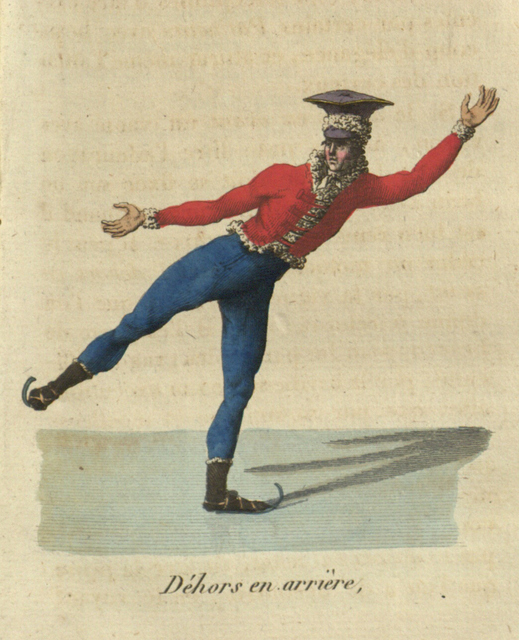Friend of Augury Alison Espach (The Adults, Scribner, 2011) is currently working on a new book, and she recently took the time to sit down with Augury assistant editor Nicolas Amara to talk about it, among other things.
Nick: If you’d like to say, what is your upcoming book about? What subjects does it deal with?
Alison: I would love to say, but every time I have talked about my upcoming book, I have ended up drastically changing what it’s actually about. Talking about the book too early had sort of demystified the subject matter for me and when I returned to the manuscript, I found myself wanting to write a different book. I’m really enjoying working on the book now, so just to be on the safe side, I’m going to shut up about it.
N: Do you see any parallels between The Adults and this new work? The Adults and your Kindle single, “Someone’s Uncle?”
A: I don’t think there is too much that’s similar about the new book, except the fact that I’m the author, which means there will, without a doubt, be some parallels I’m not aware of at the moment. I’m not referring to plot developments, but the kind of details and conversations I tend to focus on in my writing. Most of my writing falls within the space where the sacred meets the meaningless, and that results in a kind of absurdity, for better or for worse. An absurdity that was definitely present in The Adults and surely in the next book as well.
N: What was the experience of writing the single like? Did you already have this piece done or was it written specifically for Kindle?
A: I didn’t write the Kindle single to be a Kindle single. I just wrote it as a short story, so it was very much like the process of writing all of my short stories: I wrote a very bad skeleton version of the story, didn’t know what to do with it, forgot about it for almost two years, and then returned to it when I was frustrated with writing the novel. With two years of distance, I could see so clearly what was wrong with it. It was a rambling story that took place over the entire continent of Germany, and it had no frame or structure. That week, I had just been talking with my students about setting, and we had been looking at stories that were entirely contained in one physical space. I realized that was the kind of structural tension my story needed. I was most interested in the cathedral stairwell, the second tallest one in Europe, so the challenge of writing it became keeping the characters within that one space and to, ultimately, make it read like an infinite stairwell. It was a lot of fun to see who the characters became (and what was revealed) by the time they reached the bell tower.
N: You’re now teaching writing–what is your approach to teaching? How does one teach writing? How much of it can be taught?
A: I certainly think you can teach writing. I don’t think the point of teaching writing is to create writers out of non-writers; that’s a kind of pressure I don’t put on myself as a teacher. But I do believe that everybody can learn a lot from taking writing classes.
Sometimes people devalue creative writing classes by saying that creative writing cannot be taught, but I think that this assumes the creative writing class is all about “teaching” someone how to write. It’s not like I stand behind a podium and lecture, while they sit and absorb. A creative writing class doesn’t work like that. We all read, we all edit, we all talk, we all write, and we all listen. Yes, it’s the professor that guides the class and serves as a very important kind of anchor, but it’s really more of an interactive experience.
And creative writing classes aren’t just a place to teach and be taught; for many people, the classes are places where students can find necessary support from fellow writers and inspiration. They are places where students can benefit from the structure of a weekly meeting or a writing prompt in class. For some students, the twenty-minute writing prompt is where their real stories begin. The spontaneity of a writing exercise can eliminate some of the pressure students feel to write “serious literary fiction,” and it’s during those prompts when I find students often write their best work.
Some people say that “you can’t teach passion” either, and while that’s true to some extent, I do think that as a teacher you can aid passion. When I’m not reading, I’m always at risk of falling out of love with literature. When I’m not reading carefully, I’m missing the magnificence of something. I learned how to read critically and actively from some of my best professors and fellow graduate students. When I can fully see and appreciate a story (something that usually happens most when I teach a story), I’m passionate about it. So in that way, I think maybe you can teach passion.
Though Espach continues to work on her new book, her Kindle single “Someone’s Uncle” is available online for only 99 cents. Both “Someone’s Uncle” and The Adults can be purchased from Simon & Schuster.










